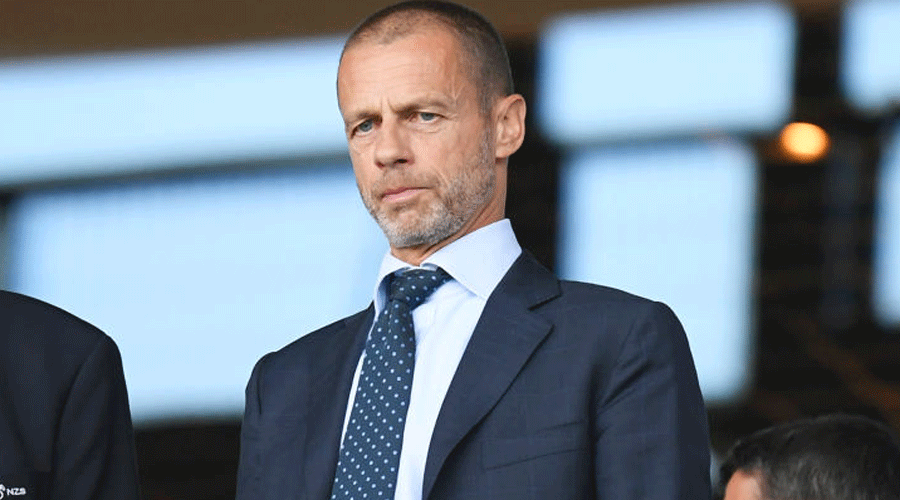The great clubs of Europe — and many of those for whom greatness remains stubbornly out of reach — will meet this week to discuss their collective future, although of all the issues concerning money and scheduling, there is one that will be impossible to unpick.
Multi-club ownership is at the top of the agenda again, forced into the spotlight by the future of Manchester United and those who seek to buy them.
Yet such ownership has grown so rapidly it is thought that around 200 clubs globally are part of a multi-club structure.
Everything from the 12-strong worldwide empire of City Football Group, to those club owners with minority stakes elsewhere, or investors who have multiple interests.
Uefa is now contemplating a network of interest over which it will exert even less power. Little wonder that when its president, Aleksander Ceferin, was asked about the future of multi-club ownership, he was sympathetic.The issue is not whether Uefa permits multi-club ownership, and teams from the same group competing in its competitions. It is about how the governing body tries to make peace with it.
The European Club Association, a body so powerful that it co-owns a joint venture with Uefa to control the £3.1 billion in revenue the three Uefa club competitions earn each year, will meet for its annual congress on Monday. Its chairman is Nasser Al-Khelaifi, who sits atop some of the biggest hills in football: president of Paris St-Germain, chairman of its ownership group Qatar Sports Investments and chairman of beIN Media Group, one of the biggest sport rights owners.
Al-Khelaifi is Ceferin’s key ally in the post-European Super League world — and what Al-Khelaifi says on the issues of the day has a profound effect on those running football at Uefa.
Qatar interests are chasing United, and those concerned say that Sheikh Jassim bin Hamad Al Thani is doing so in a private capacity and distinct from the sovereign wealth fund, Qatar Investment Authority, which owns PSG.
Whether people believe that is largely irrelevant. It is what Ceferin thinks that matters. Either way the other United bidder, Jim Ratcliffe, the British billionaire founder of Ineos, is not even attempting to deny his own part in multi-club ownership. He already owns Nice in Ligue 1 and Lausanne-Sport, formerly of the SwissSuper League.
Multi-club ownership is everywhere. Daniel Kretinsky, who has the second-largest stake in West Ham, owns Sparta Prague. Tony Bloom, who has invested around £350 million in Brighton, owns Royale Union St-Gilloise in Belgium. Nottingham Forest’s owner, Evangelos Marinakis, also owns Olympiacos, the perennial Greek champions.
The Red Bull conglomerate has RB Leipzig and Red Bull Salzburg as well as New York Red Bulls.
Miami-based investment company 777 Partners has stakes of various sizes in Genoa, Sevilla, Standard Liege and Hertha Berlin, among others.
The notion that Uefa is about to police this network of shared interests, much less dismantle it, is fanciful. The multi-club ownerships are dictating to the governing body and the consequence will be ever greater power in the hands of the individuals who control the clubs.
The Sunday Telegraph










